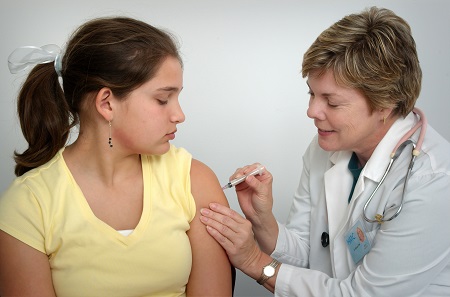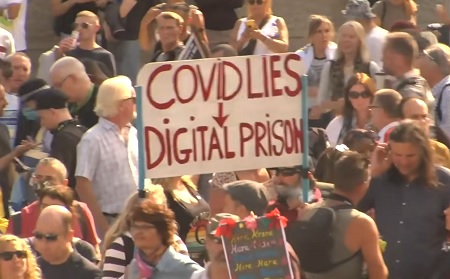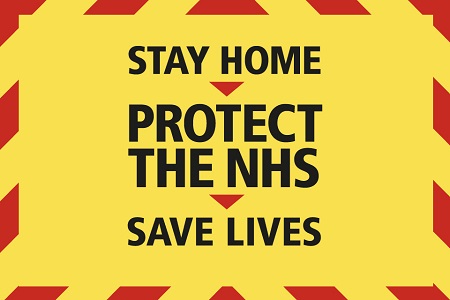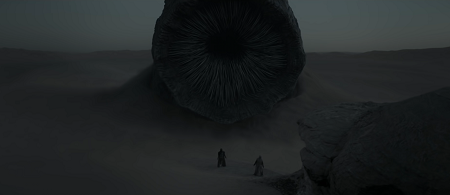Well that didn’t take long! The first major television drama about the coronavirus pandemic was announced recently, and is currently scheduled to debut on Sky here in the UK next year. But surely, with coronavirus still raging as the series is being filmed, it’s far too soon for this kind of show. Isn’t it?
This Sceptred Isle is billed as an examination of the UK government’s response to the “first few months” of the pandemic. And in many ways, such a story is worth telling. The UK government did not handle the pandemic’s arrival particularly well, being slow to put measures into place that were already being taken by other countries, in particular Italy. As a result, the UK’s per capita death toll has been higher than many comparable western nations, and despite the success of the vaccine rollout – I got my first dose of the vaccine last month – that remains a stain on the government’s handling of the pandemic.

Picture Credit: Sky TV.
But something about This Sceptred Isle just rubs me the wrong way. It feels like it’s in incredibly poor taste to create a fictionalised drama series based on something so significant and that has cost so many lives while it’s quite literally still raging on. Not to mention that planning for the series, writing scripts, hiring producers, and so on must’ve been going on for months already – pre-production on any show takes time, and for This Sceptred Isle to have begun filming at the end of February it must’ve been conceived at the latest by last summer, with plots and storylines already prepared.
What I fear will be the case is that the series will have an axe to grind, and rather than making any real attempt to faithfully retell the events of the early weeks and months of the UK’s pandemic response, it will instead descend into a farcical and utterly fictitious portrayal of Prime Minister Boris Johnson and his government. I’m not a political person, and the electoral fortunes of Mr Johnson are not my concern. But a series like this presents itself as factual, or at least fact-based, and I seriously question how it can be.

No major government figure has broken ranks since the pandemic began to tell “their side of the story.” Actual verifiable information of what went on behind closed doors in Downing Street in the first half of 2020 doesn’t exist; at best This Sceptred Isle will be based on hearsay. When a series is trying to bill itself as having at least a basis in fact, that’s not acceptable.
One of my favourite miniseries of the last few years was HBO’s Chernobyl. Like This Sceptred Isle, Chernobyl took a factual event – the 1986 Chernobyl nuclear disaster – and dramatised it for television. As I noted once, some pretty significant changes were made, including the creation of a fictional “composite” character. However, the events surrounding the Chernobyl disaster were well-established by 2019, with books written about the subject, involved persons having given frank first-hand accounts of what took place, and decades of historical analysis of the precise details of the disaster and its consequences for the creative team at HBO to draw on. The result was one of the best pieces of television made in the last few years, and something which is as accurate as can be for a dramatic work.

All of that was possible because of the series’ distance from the events it depicted. Almost a quarter of a century had passed since the Chernobyl nuclear disaster, and the passage of time allowed for more information to be available, making the show more accurate. This Sceptred Isle is filming now, right in the middle of the pandemic. Despite some signs of progress in some parts of the world, the pandemic is not dying down nor going away, and we can’t say what the state of affairs will be in six weeks or six months from now, let alone by the second half of next year. That context is crucial to a series like This Sceptred Isle, and will be entirely absent from the production.
How we reflect on the pandemic’s early days will depend entirely on what course it takes over the remainder of this year and into next year. Will it die down with the rollout of vaccination programmes across the world? Or will it adapt, flare up, and continue to wreak havoc? Without knowing the answer to that question, This Sceptred Isle may very well end up on the wrong side of the argument, either being overly-critical of a government that did its best, or by being too lenient in retrospect. It’s an impossible line to walk without knowing what happens next.
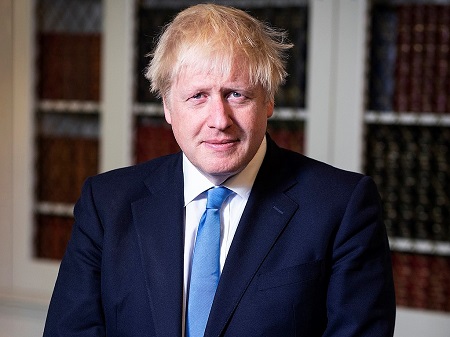
In short, This Sceptred Isle is trying to produce a television series based on an unfinished story. We don’t yet know how or when the coronavirus pandemic will end, nor what all of the consequences will be. There will be political fallout from it, that’s all but certain. But without knowing which way to lean, without crucial information that won’t be heard in public for several years at least, the show will be little more than straight-faced pantomime, stabbing in the dark trying to tell a compelling story without the necessary facts or information to do so.
If its objective is to criticise the government and convince people not to support them, maybe the creative team will consider This Sceptred Isle a success. If they don’t care about creating a fact-based depiction of events to begin with, they naturally won’t be bothered by such criticism. But blindly attacking the government at a dangerous moment is not a good thing, and I’m concerned that if This Sceptred Isle is nothing more than a teardown of everything the government has done, it will have implications for the country. If we’re in a position when the series is broadcast where more vaccinations are needed, or where there are still some rules or restrictions in place, a savage attack on every aspect of the government’s handling of the crisis could lead to people ceasing to abide by the rules or become unwilling to get vaccinated.
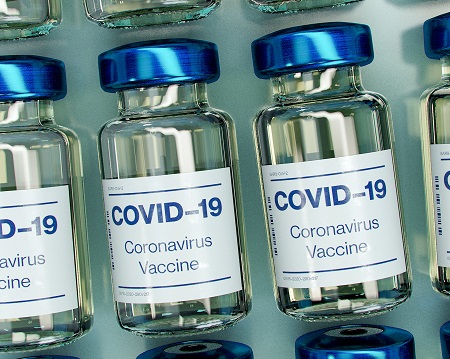
I’m positive that there was a mad rush on the part of television producers to be the first to make a major drama series based on the pandemic, and Sky jumped the gun and managed to get in ahead of everyone else. But in this case, patience may be a virtue. If This Sceptred Isle is shown to contain scenes which are demonstrably false, that will harm its reputation and damage Sky’s brand.
A series like This Sceptred Isle is important and necessary – but not yet. Right now it’s too soon, and with people still sick and dying both in the UK and around the world, it seems aggressive and downright ghoulish to try to dramatise the pandemic for money. Not only that, but because of the lack of clear and verifiable information about what’s going on in the real world, the series will be inaccurate at best – and completely and utterly wrong at worst. Maybe that’s what it’s designed to be; Boris Johnson and his Conservative Party are not well-supported in the entertainment industry as a whole, and this could simply be a way to attack them. But when the entire offering is based around telling a story grounded in the truth, that’s not good enough.
Art and entertainment will dine out on the pandemic in the years ahead. There are so many different kinds of stories that can be told about it, from the exciting and tense to the wholesome and sweet. Some projects can be timely, considering the effects of things like refusal to wear a mask or vaccine hesitancy. But a project like This Sceptred Isle, with its inclusion of characters based on real people and claiming to depict real events, comes at the wrong moment. It’s too soon – and that makes it feel as though it’s in very poor taste.
This Sceptred Isle will be broadcast on Sky Atlantic and NOW TV in the UK in “Autumn 2022.” International distribution has not been announced at time of writing. This article contains the thoughts and opinions of one person only and is not intended to cause any offence.



